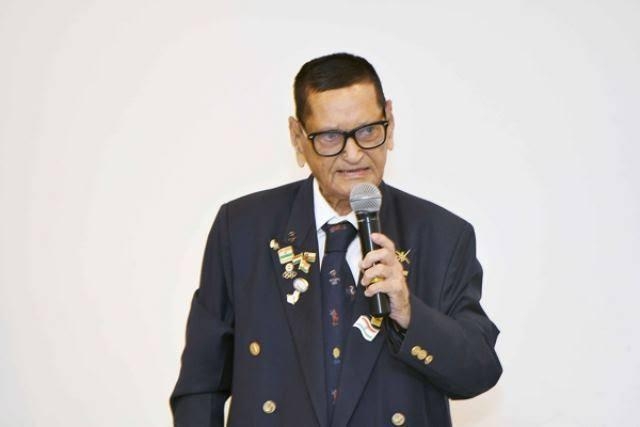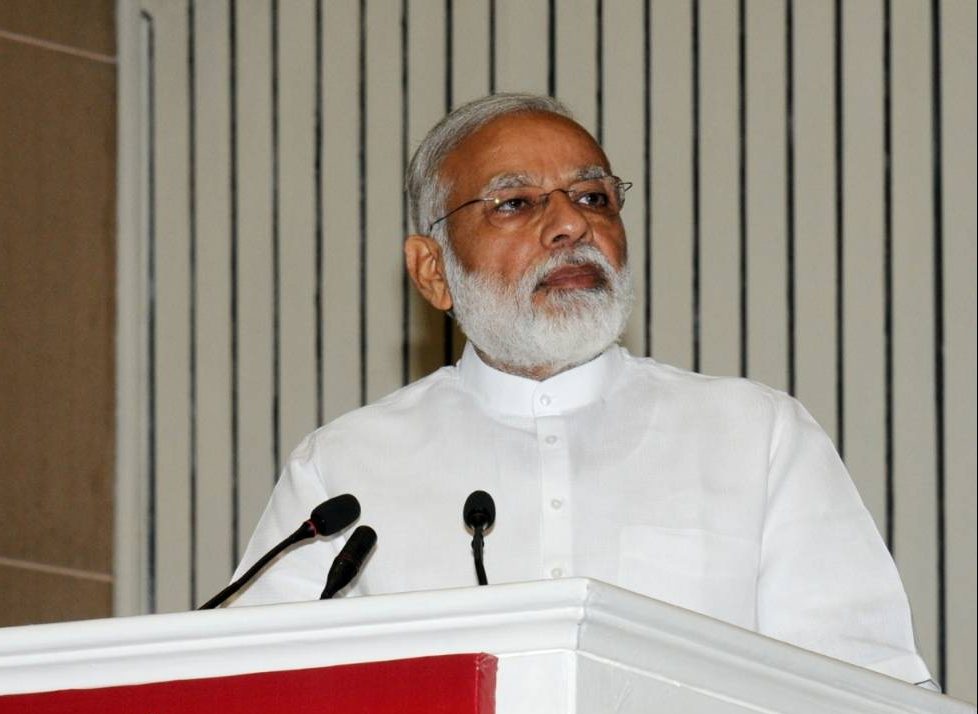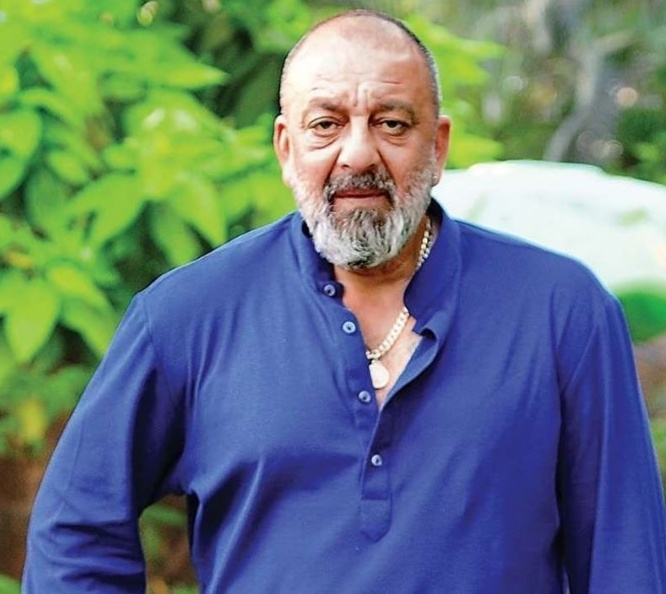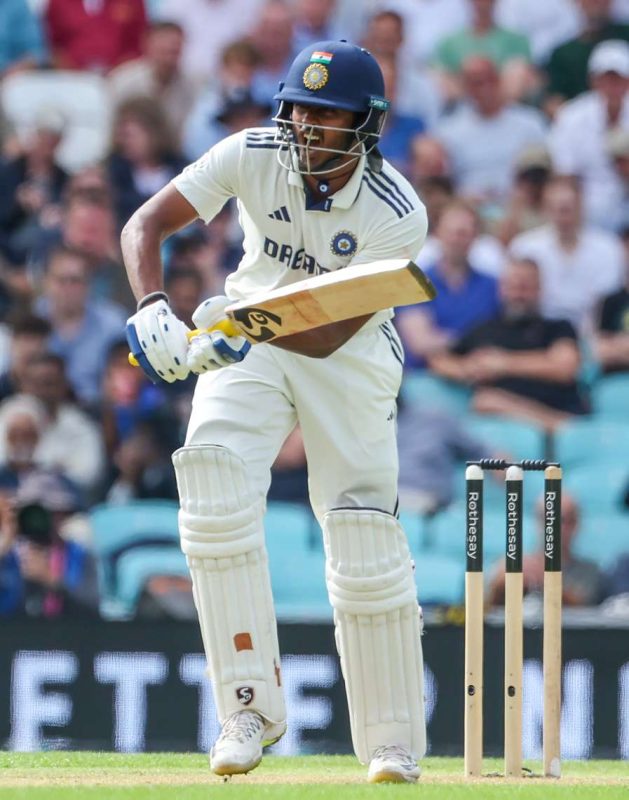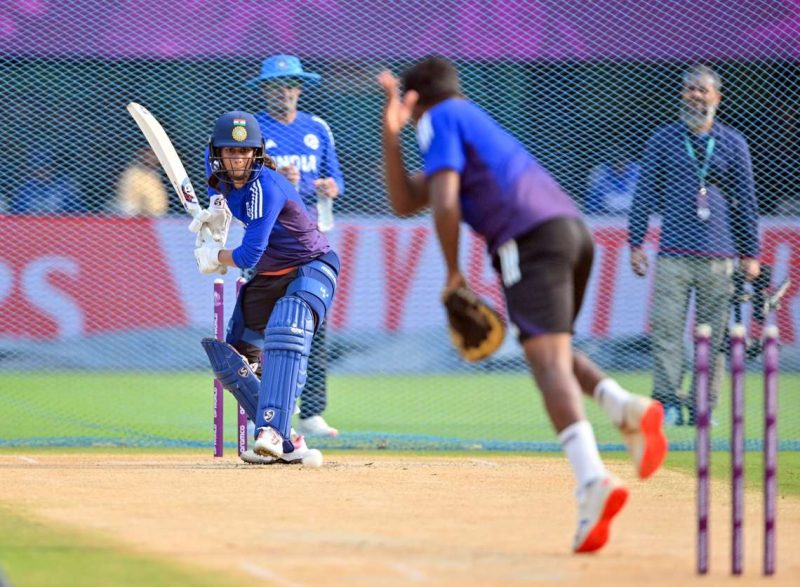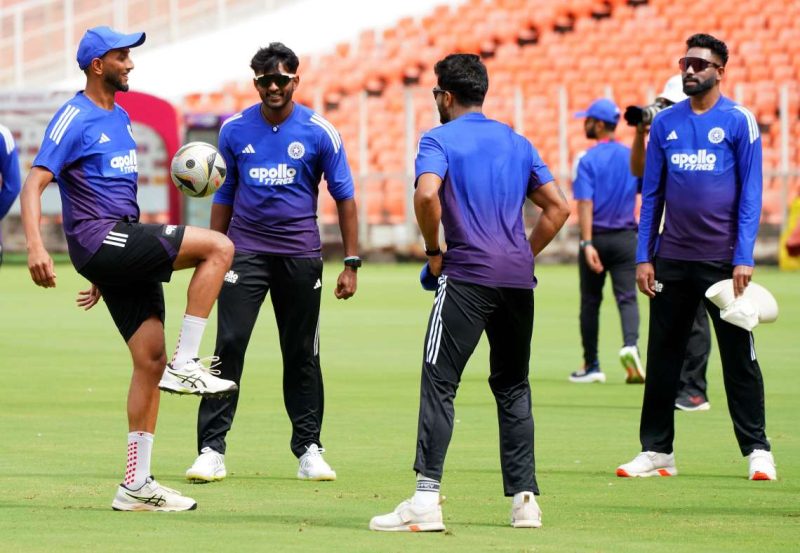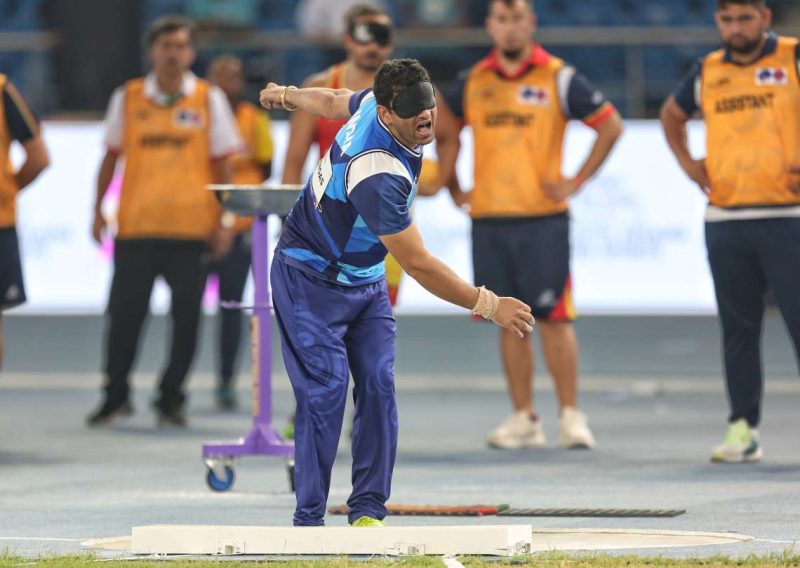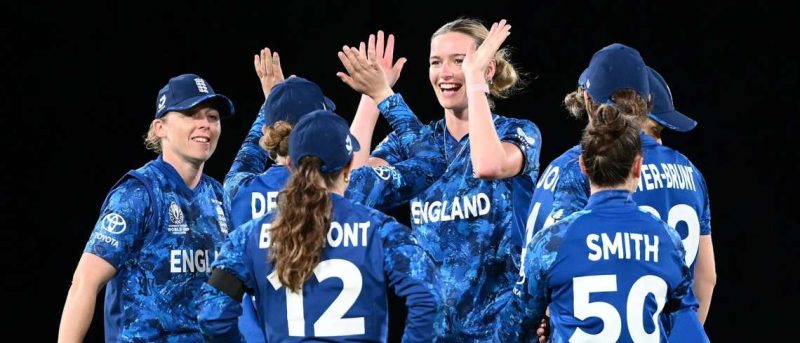The date August 15 holds a great significance for every Indian around the world but 11 years before that day in 1947, the Indian flag flew highest in another part of the world – Germany. At the 1936 Olympics, the players of the Indian hockey team were creating an unbelievable sort of frenzy around them, courtesy of their performances in front of packed arenas of Berlin.
France felt the brunt of India’s might in the semi-final, especially from Major Dhyanchand, who scored four of team’s 10 goals to completely annihilate the European powerhouse. The stage was now set for India to take on hosts Germany on August 15. However, the mood inside the Indian camp wasn’t that of excitement but of fear and anxiety. The reason being Adolf Hitler who was scheduled to watch the final along with more than 40,000 Germans.
Come the fateful day, Dhyanchand ran riot in front of the fuhrer, and what followed next holds much more importance that just an Olympic gold.
“It was Dada Dhyanchand, called the wizard of hockey, who in 1936 Berlin Olympics had scored six goals against Germans as India had won 8-1. Hitler had saluted Dada Dhyanchand as he offered him to join the German Army,” says former India hockey coach Saiyed Ali Sibtain Naqvi.
“It was during the prize distribution ceremony and Dada was silent for a few seconds, even the packed stadium went completely silent and feared that if Dhyanchand refused the offer then the dictator might shoot him. Dada had narrated this to me that he replied to Hitler with closed eyes but in a bold voice of an Indian soldier that ‘India is not for sale’.
“To the utter surprise of the entire stadium, Hitler saluted him, instead of shaking his hand and said, ‘German nation salutes you for the love of your country India and your nationalism.’ His title of ‘Wizard of Hockey’ was also conferred by Hitler. Such players are born rarely in centuries,” he added.
Also Read: No IPL team can leave for the UAE before August 20
Naqvi also gave an insight into what differences he finds in hockey of yesteryear in comparison to contemporary times. India is still longing to recreate their age old performance, especially in the Olympics, and while there have been some encouraging displays, the gulf in class between the two different generational teams is clearly apparent.
“The Indian team at present is being trained and coached by European and Australians and now are playing in the European style. They have changed the entire concept of artistic hockey and mainly concentrate on physical fitness,” said Naqvi, who also coached the women’s team at 1978 Women’s World Cup in Madrid.
“The Australian coaches try to teach them a combination of European and Indian style which is why they are successful. Though the present Indian team is young but their performances are not consistent. It has been observed in some important and crucial matches they have lost the game in dying minutes. The defence crumbles against the fast European teams.
“During my time the Indian team players were masters of their positions and carried great confidence. They were artistic dribblers, masters in different strokes and they had great national spirit to fly the tricolours in Olympics. Each player was conferred and can achieve top form.
“Old team had master penalty corner and penalty strokes specialists such as Trilochan Singh, R.S Gentle, Prithipal Singh, Rajinder Singh and MP Singh. For example, in 1956 Melbourne Olympics, R.S Gentle rightfully brought back victory through penalty corner against Pakistan. Similarly in 1964 Tokyo Olympics, Mohinder Lal scored through penalty stroke and India won the Olympics,” the former coach added.
India are currently ranked fourth in the world following their string of consistent performances. They are now ready, according to Naqvi, to reclaim their throne at next year’s Olympics in Tokyo.
“Yes, India is capable with young team led by Manpreet Singh as the captain. He is my favourite as well. It is expected that the team will be in the top four position. And the rest is on luck,” the celebrated coach said.
Also Read: Dakar Youth Olympics Postponed To 2026


